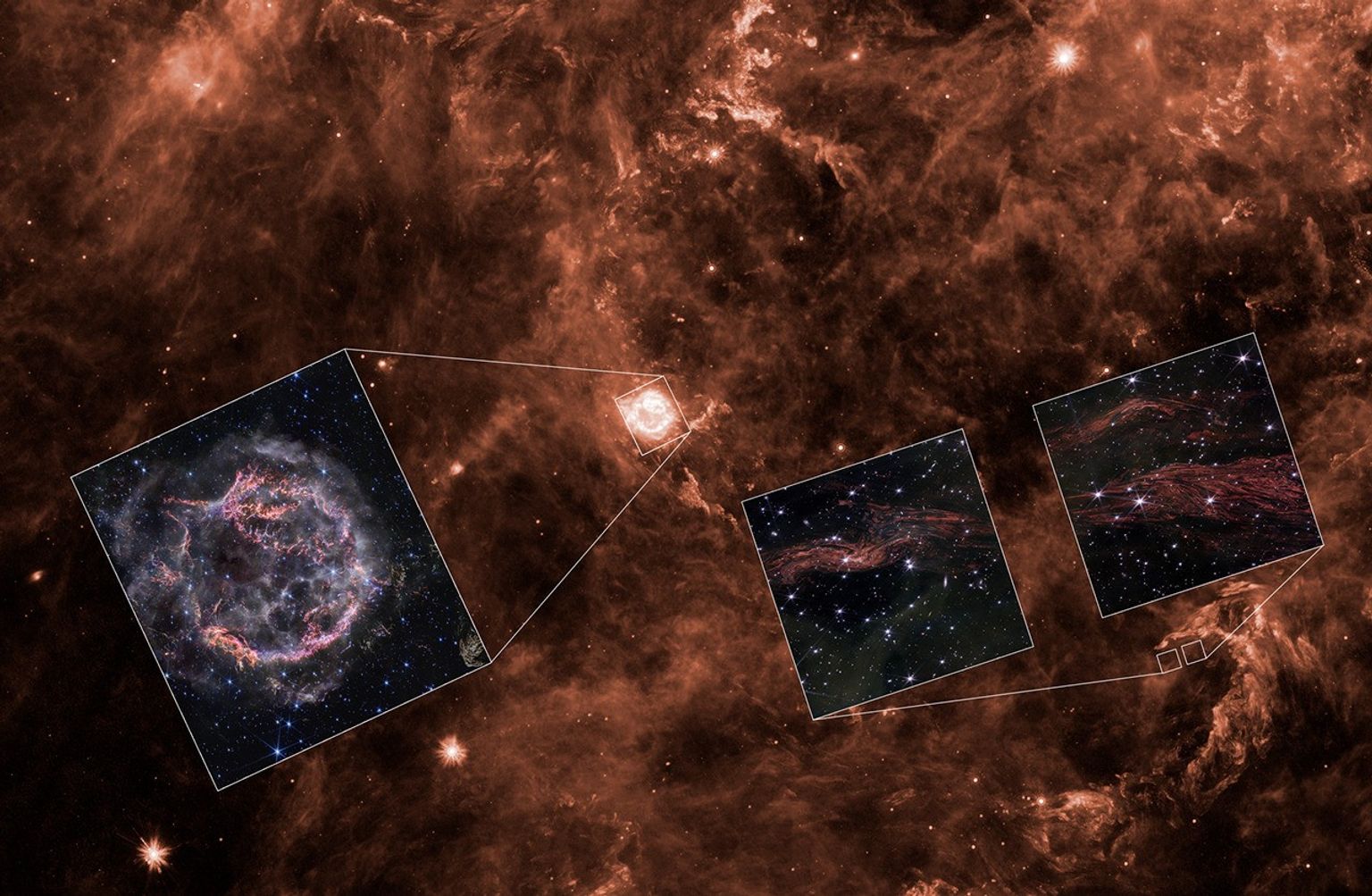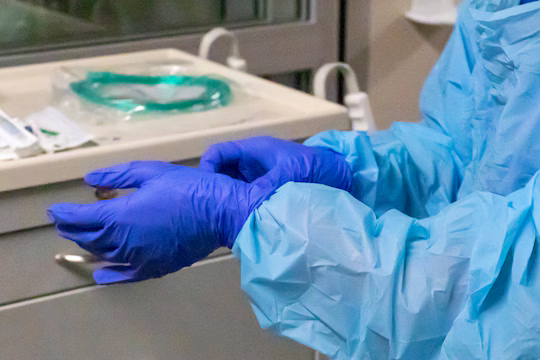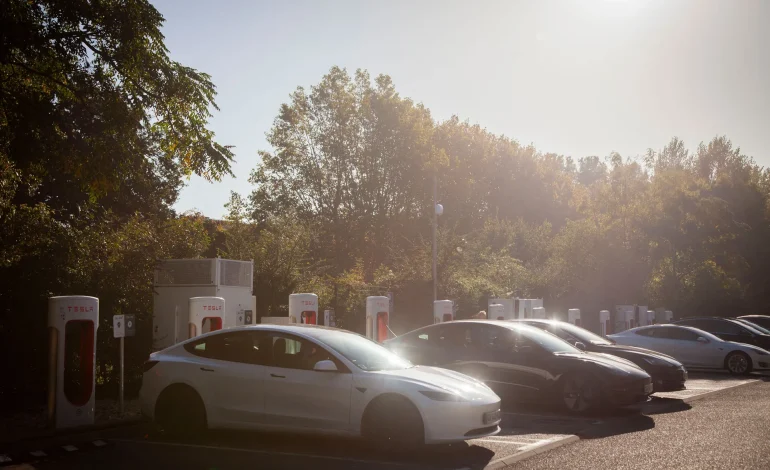With Donald Trump’s victory in Michigan, helping secure his second term as president, the fate of electric vehicles (EVs) in the United States has become uncertain.
During the campaign, both Trump and Vice President Kamala Harris made significant remarks about the future of electric cars, an issue that holds particular weight in Michigan—the heart of America’s auto industry.
Now, as Trump prepares to take office with support from a Republican-majority Senate, it’s clear that the new administration will chart a different course from its predecessor on EVs. Trump’s stance on electric vehicles has been somewhat inconsistent, making the future of the industry a murky one.
Trump has been vocal about his skepticism of electric vehicle mandates. He promised in his nomination speech this past July to “end the electric vehicle mandate on day one.” This mandate, introduced under the Biden administration, aims to ensure that half of all new vehicle sales are electric by 2030. Trump argued that this push would hurt the US auto industry and drive up car prices, particularly since EVs remain more expensive than traditional gas-powered vehicles. He referred to federal EV initiatives as part of the “Green New scam,” a reference to Congress’ bipartisan Green New Deal package.
However, despite his past rhetoric, Trump has shown more nuance, especially when it comes to Tesla. The relationship between Trump and Elon Musk, Tesla’s CEO, has been one of mutual support.
“I’m for electric cars,” Trump said in August.
Thus he acknowledged Musk’s strong endorsement. As a result, Tesla’s stock soared, and many believe that Trump’s second term might involve a more balanced approach to the electric transition—one that includes supporting major automakers while also paying attention to the growing role of EVs, especially through the influence of Musk.
While the push to end federal EV mandates might seem straightforward, the process will be more complicated. Many climate-related policies, including tax credits for electric vehicle buyers, are deeply entrenched in federal law and would require Congress’ involvement to reverse. The Environmental Protection Agency (EPA) and the Department of Transportation’s greenhouse gas emissions rules, which were finalized this year, are another area where change might not be easy, as even industry players have supported stricter emissions standards.
However, the Trump administration will have substantial control over future funding for EV infrastructure, including grants related to electric vehicle charging networks, under the Infrastructure and Inflation Reduction Acts. It’s likely that these funds could be redirected or reduced as Trump seeks to reshape the national EV landscape.
Another area that will be impacted by Trump’s policies is the imposition of tariffs. As he’s previously threatened, tariffs on foreign cars—particularly from Mexico, China, and Europe—could lead to higher prices for imported vehicles. While some automakers, like General Motors, Ford, and Stellantis, may benefit from these protections, foreign manufacturers like Mercedes-Benz and BMW could face challenges.
States like California, which has pushed aggressively for zero-emission vehicles, will continue to make strides toward electrification. During Trump’s previous presidency, his EPA tried to revoke California’s authority to set its own emissions standards, but lawsuits and industry pushback hindered those efforts. Now, California is likely to maintain its ambitious goals, and other states may follow its lead, continuing to make electric vehicle adoption a top priority.
Despite the uncertainty around federal regulations, the auto industry is committed to its electric future. Companies like Toyota, which are building significant investments in electric vehicle production, are unlikely to change course, regardless of the political environment. Toyota, for example, is moving forward with a $14 billion battery plant in North Carolina to supply both electric and hybrid vehicles. As Toyota’s vice president David Christ noted, the shift toward EVs is not easily reversible and will continue even with potential regulatory rollbacks.
Trump’s return to the White House will undoubtedly reshape the future of electric vehicles in America. While his rhetoric suggests a rollback of many of the current administration’s pro-EV policies, the reality is far more complex. The auto industry, along with key states, will likely continue their push for a greener, more sustainable future. However, Trump’s policies, particularly with regard to tariffs and EV tax credits, will create a challenging environment for both automakers and consumers as they navigate the shift to electric mobility.









